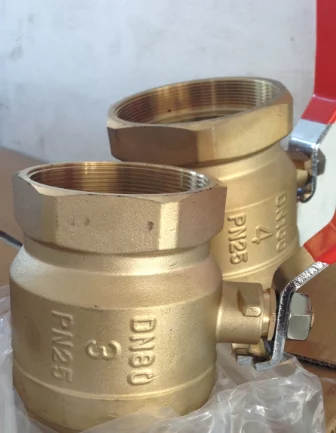A Brass Ball Valve Supplier in Kansas is a type of valve that uses a rotating ball to control the flow of liquids or gasses and is often used in plumbing and industrial systems.
Working:
A Brass Ball Valve Supplier in Kansas, it consists of a hole in the center of a spherical ball that allows liquids or gasses to pass through when the valve is open. When the valve is closed, the ball is rotated so that the hole is perpendicular to the flow, blocking it completely. A handle is used to turn the valve open or closed. The handle usually lines up with the hole in the ball when the valve is open, which makes it easy to see if the valve is open or closed. Brass is a durable, corrosion-resistant alloy of copper and zinc, making it a good choice for many industrial and plumbing application
Advantages:
They are robust and long-lasting and can withstand high temperatures and pressures.
Brass Ball Valve Supplier in Kansas they prevent corrosion, especially in environments with high moisture or water concentrations.
They are easy to clean and maintain.
The 90-degree rotation of the handle allows for quick and precise adjustment of fluid flow rates.
They are known for their durability and don’t leak over their lifespan, even if they haven’t been used for a long time.
Industries:
Oil and gas
Building and construction
Chemical refining
Marine
Automobile and transportation
Water treatment and filtration
Agriculture and irrigation
Components:
Ball: The most important component of the valve, as it controls the flow of fluid.
Inlet port: The passage that allows fluid to enter the valve.
Outlet port: The passage that allows fluid to exit the valve.
Body: The basic component of the valve.
Bonnet: A basic component of the valve.
Trim: A component of the valve that includes the disc, seat, stem, glands, bushings, and sleeves.
Seals: Usually PTFE (Teflon) seals.
Plating: Some brass ball valves have Dacromet plating on the handle, which is a mix of aluminum and zinc flakes that acts as a barrier to corrosion.







